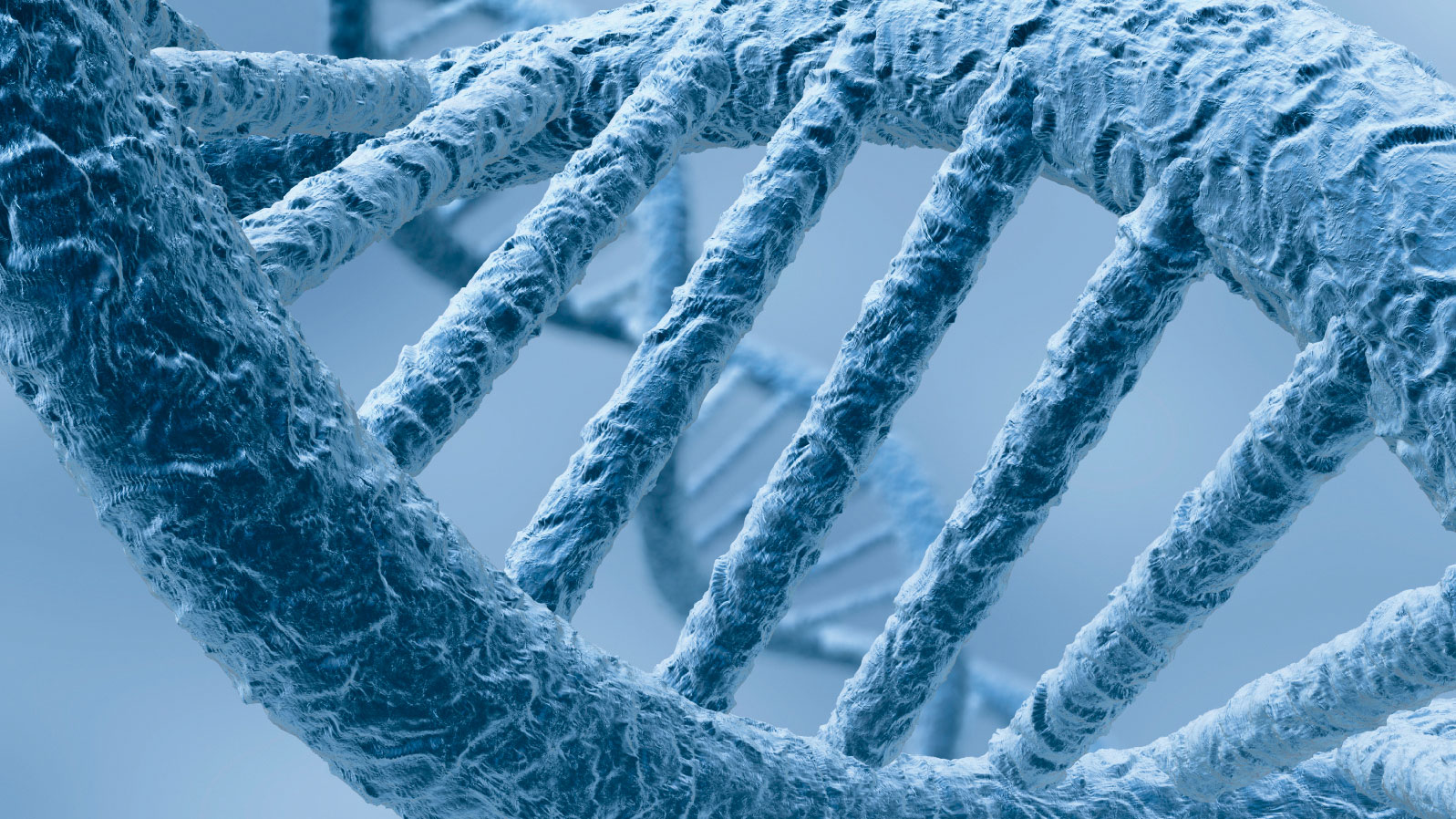Designer babies, rice batteries and self-cleaning phones

This Week in Science we may have stumbled upon a real battery breakthrough, and it's all thanks to rice. If that wasn't enough, we've also seen that your next phone could be self-cleaning, a simple blood test could tell you how long you're going to live, and NASA's laid out its ambitious plan to bring a bit of Mars back to our humble little planet.
Rice could hold the answer to our battery-life woes
Battery technology is pretty stagnant right now compared to the rest of the electronics space. Thankfully rice (yes, the foodstuff) might hold the answer to batteries with 10 times the capacity of today's Li-ion cells.
Silicon electrode batteries have the potential to hold 10 times more charge than their graphite cousins, which are currently used in traditional lithium-ion cells. Unfortunately, they degrade rapidly with repeated charge cycles. Rice husks are made of silicon dioxide, which can be converted to pure silicon through chemical processes requiring immense heat, but are also perforated with tiny holes.
That makes the resulting silicon electrodes porous, providing places for the electrons to sit during charging and discharging. That in turn prevents the degradation caused by the swelling and shrinkage normally experienced by electrodes during the charge cycle. While it has yet to be proven whether the rice husk conversion is economically viable, the porous silicon concept has the potential to provide a massive step forward in the evolution of our current battery technology. [PNAS]
Your next phone could be self-cleaning
Corning, the company behind the shrinking phone glass we heard about last week, is working on incorporating a special anti-microbial coating into its next iteration of Gorilla Glass for phones and tablets.

The new glass will apparently be able to kill virtually any bacteria or viruses sitting on the surface of your screen within two hours. Although Corning failed to elaborate on exactly how the glass kills germs, it's likely the surface coating is infused with silver ions that disrupt the membranes and metabolism of germs killing them dead. This is great news given that your phones and other gadgets are normally microbiological cesspools teaming with all manner of microbial life. [MIT]
First ever chromosome-screened IVF baby raises "designer baby" worry
A baby has made history by being the first child to be born via IVF after a being screened for genetic abnormalities pre-implantation. Doctors screened the five-day old embryos checking their DNA for chromosomal abnormalities, ensuring a healthy pregnancy was to take place before proceeding with the rest of the IVF treatment.
Sign up for breaking news, reviews, opinion, top tech deals, and more.
Out of the seven embryos screened, four were found to be abnormal. Although whole-genome sequencing wasn't used in this case, the technique could easily be employed, allowing full genetic screening of embryos. At that point, parents could pick and choose which genes and genetic traits their prospective child could have, discarding embryos that don't fit the bill, which raises serious ethical concerns. However, this chromosomal screening technique should dramatically increase the success rate for IVF treatment allowing more mothers to conceive. [New Scientist]
Can a simple blood test tell us how long we're going to live?
Researchers have discovered that the unique chemical 'fingerprints' in the blood, which are left behind as a result of early molecular changes, could give us an indication of how long we're going to live.
Using metabolomic profiling, scientists studying metabolites in the blood found that the levels of 22 separate molecules could be combined to predict the onset of age-related traits in later life. For instance, one molecule, C-glyTrp, is thought to be linked to a number of risk factors for the deterioration of lung function, bone density, blood pressure, and cholesterol levels. While it's not quite as easy as peering into a crystal ball, a simple blood test could tell you roughly how long you're likely to live, as long as you look both ways before crossing the road, at least. [IJE]